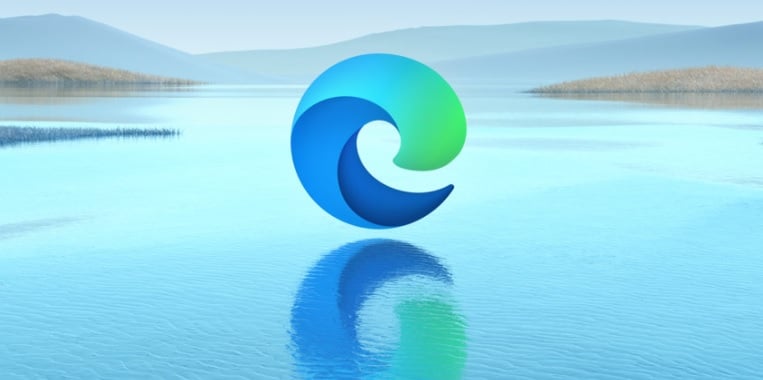In the latest act of corporate desperation, Microsoft is allegedly using its near-perennial dominance in the PC market to force-feed its mediocre browser, Edge, to unwilling users. Veteran browser maker, Opera, has raised the complaint flag in Brazil's Administrative Council for Economic Defense (CADE), accusing Microsoft of underhanded tactics that reek of anti-competitive behavior. But let's cut the crap and call it what it really is - a pathetic, fear-driven attempt to salvage a sinking ship.
Microsoft's Edge may as well be renamed "Edge Case," because that's the only time anyone wants to use this browser. True to its form, Microsoft is once again relying on its infamous "Embrace, Extend, Extinguish" strategy. But here's the hard truth - no one is buying what they're selling.
Microsoft is doing whatever it takes to keep Edge relevant, even if it means playing dirty and exploiting its position as a dominant PC platform. It's a classic tale of the schoolyard bully, who, having lost his crowd, now resorts to cheap tricks to maintain the facade of popularity.
Edge's adoption rate is laughably low, and for a good reason. It's like being offered a rusty, second-hand bicycle when there's a sleek, new-age electric scooter (read: Chrome, Firefox, or even Opera) available. Microsoft, in its infinite wisdom, thinks it can force this ramshackle contraption down users' throats by making it the default on Windows.
The hypocrisy of Microsoft is astounding. While they preach about open-source and fair competition, they're busy setting up traps to thwart the competition. It's a power play, pure and simple, a desperate move to make up for the shortcomings of their browser.
And let's talk about Brazil, the latest battlefield for these browser wars. Why Brazil, you ask? Because it's an emerging market with a significant number of internet users who can be tricked into using Edge, thanks to Microsoft's stranglehold on the PC market.
This is not about providing better services or enhancing user experiences. No, this is about manipulation, dominance, and control. Microsoft is essentially resorting to trickery, hoping users won't bother changing their default browser, thus artificially inflating Edge's usage statistics.
But here's where they miscalculate: people aren't as easily fooled as Microsoft would like to think. The more they force their subpar browser onto users, the more backlash they invite. And trust me, the backlash is coming.
Microsoft's game is clear: abuse the monopoly, manipulate the market, and squash the competition. But it's a short-sighted strategy that will ultimately backfire. Users will fight back. Regulators will take notice. And Microsoft's reputation will take another hit, a further blow to a company already struggling with public image.
The bottom line is this: Microsoft's sordid tactics won't save Edge. It's a sinking ship, and no amount of underhanded maneuvering will change that. So, how about focusing on making a browser that's worth using, Microsoft? But of course, that would be too much to ask. It's much easier to play dirty, isn't it?
In an age where corporates are vying for user trust, Microsoft's actions come across as a slap in the face. It's time we held these tech tyrants accountable for their actions. It's time we sent a strong message: we won't be bullied into using inferior products.
So, Microsoft, brace yourself. The storm is coming. And your precious Edge might just get swept away.

Comments